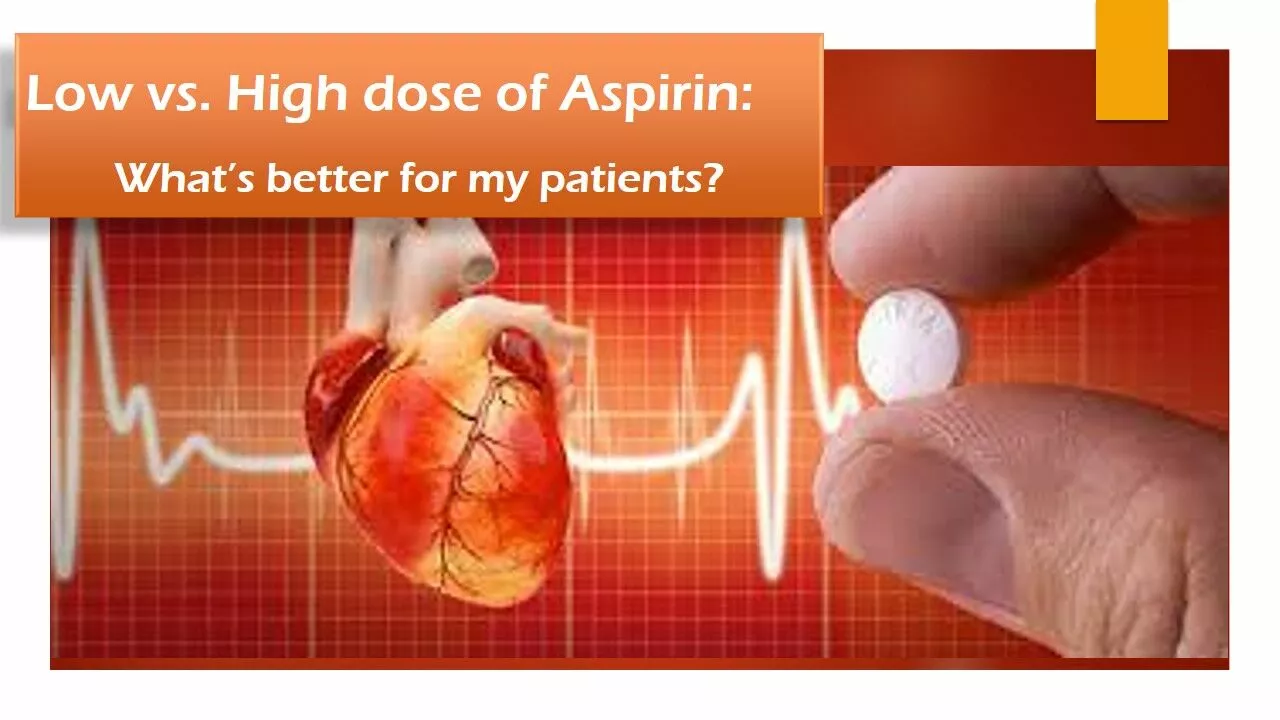Aspirin is one of the oldest and most common medicines people keep in their home. You probably know it for pain and fever, but it's also used in low doses to help prevent heart attacks and strokes for some people. That makes it useful — and risky — so knowing when and how to use it matters.
Aspirin reduces pain, lowers fever, and fights inflammation. It blocks an enzyme that helps make substances that cause pain and swelling. In low doses (usually 75–100 mg daily), aspirin makes blood less sticky, so it can reduce the chance of a clot that causes a heart attack or stroke. That’s why doctors sometimes recommend a daily low-dose for people with certain heart conditions.
For short-term pain — headaches, muscle aches, toothaches — over-the-counter aspirin usually comes in 325 mg tablets. People often split or take a single tablet depending on the pain and instructions on the package.
Bleeding is the main risk. Aspirin can cause stomach irritation, ulcers, or heavier bleeding if you are injured. If you notice black stools, any unusual bruising, or prolonged bleeding from cuts, stop taking it and call a doctor.
Children and teenagers with viral infections should not take aspirin because of the risk of Reye's syndrome, a rare but serious condition. Pregnant people should talk to their provider before using aspirin — low-dose is sometimes prescribed in pregnancy for specific reasons, but self-treatment is not safe without medical advice.
Don't mix aspirin with blood thinners like warfarin, or with other NSAIDs (ibuprofen, naproxen) without checking with a clinician. Alcohol increases the risk of stomach bleeding, so limit drinking while using aspirin. Also tell your doctor about aspirin before surgery or dental work — you may need to stop it ahead of time.
Some people are allergic to aspirin. Signs include hives, wheezing, swelling, or severe stomach pain. If those happen, seek emergency care.
How much should you take? For pain, adults often take 325–650 mg every 4–6 hours (follow the label). Don’t exceed the maximum daily dose on the package or your doctor’s instructions. For heart protection, the typical low dose is 81 mg or 100 mg daily. Only start daily aspirin for prevention after talking with your doctor — it’s not right for everyone.
Got questions about aspirin and your health? Ask your pharmacist or doctor. Bring a list of your medicines so they can check for interactions. With the right use and a little caution, aspirin can help — but it should be used thoughtfully, not automatically.

As a blogger, I've come across some fascinating information on the role of aspirin in preventing stroke and heart attack. It turns out that aspirin, a common over-the-counter medication, can help prevent blood clots, which are often the cause of these health issues. Studies have shown that taking a low-dose aspirin daily may reduce the risk of heart attack and stroke in certain individuals. However, it's crucial to consult with a healthcare professional before starting a daily aspirin regimen, as it may not be suitable for everyone. In summary, while aspirin may offer significant benefits for some, it's essential to speak with a doctor to determine if it's the right choice for you.
READ